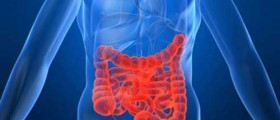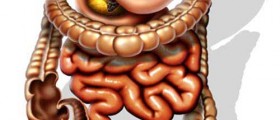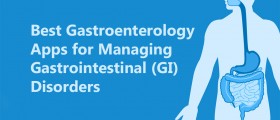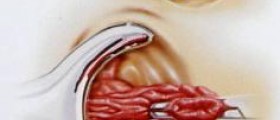
Proctitis is a condition characterized by inflammation of the lining in the anus and the rectum. This condition could be either acute or chronic, which is determined on duration of the symptoms. Regardless how long the symptoms last, patients may sometimes suffer from serious Anorectal problems. Similar term is anusitis, which refers to the inflammation of the anal canal. Both conditions have almost identical symptoms and the treatment measures are frequently the same.
What Are Proctitis Symptoms?
Inflammation of these areas of the body have been associated with burning, itching and in some cases rectal bleeding. Patients may also experience smelly discharge and some pelvic pressure.
There is a chance that a patient suffering from acute proctitis can also develop changes in bowel habits, fecal urgency (tenesmus), mild to sometimes severe diarrhea or constipation, in cases of severe inflammation. Patients may also experience some abdominal cramps, due to pelvis inflammation.
What Causes Proctitis?
This condition may develop as the consequence of some infections, especially with Shigella, Salmonella, Clostridium difficile or gonorrhea, but the cause may also be some non-infectious, such as ischemia, diversion or radiation. Ischemia related proctitis may develop in people using cocaine, or those undergoing aortoiliac surgery, vascular intervention or radiotherapy. Mesenteric venous occlusion and athersosclerosisi may also cause ischemia and proctitis.
Inflammatory bowel diseases or IBD, like Crohn disease or ulcerative colitis are other possible explanations of acute inflammation of the rectum or anus, while there are also some patients suffering from idiopathic proctitis.
Exactly how this inflammation develops no one can tell for sure. This condition is supposed to be caused by some auto immune process in the body (in the case of IBD related proctitis) or by effects of microorganisms or their toxins on the human body (infectious proctitis).
Patients suffering from ulcerative colitis may have similar symptoms as proctitis patients. Additionally, people treated with radiation for prostate, rectal or cervical cancer may also develop this condition. Radiation therapy has been known to cause proctitis and some 1 to 2% of these patients may develop chronic inflammation of the rectal area.
Proctitis Treatment
Therapy for inflammation of the anus and the rectum is usually non-surgical, bit some cases might require surgical procedure.
Medical treatment is usually the first thing doctors will try. Surgical treatment is usually reserved for patients whose rectal problems don’t respond to medical therapy, as well as for patients suffering from dysplasia or cancer. Profound sepsis is also treated with surgical resection, in order to save patients’ life.

















Your thoughts on this
Loading...